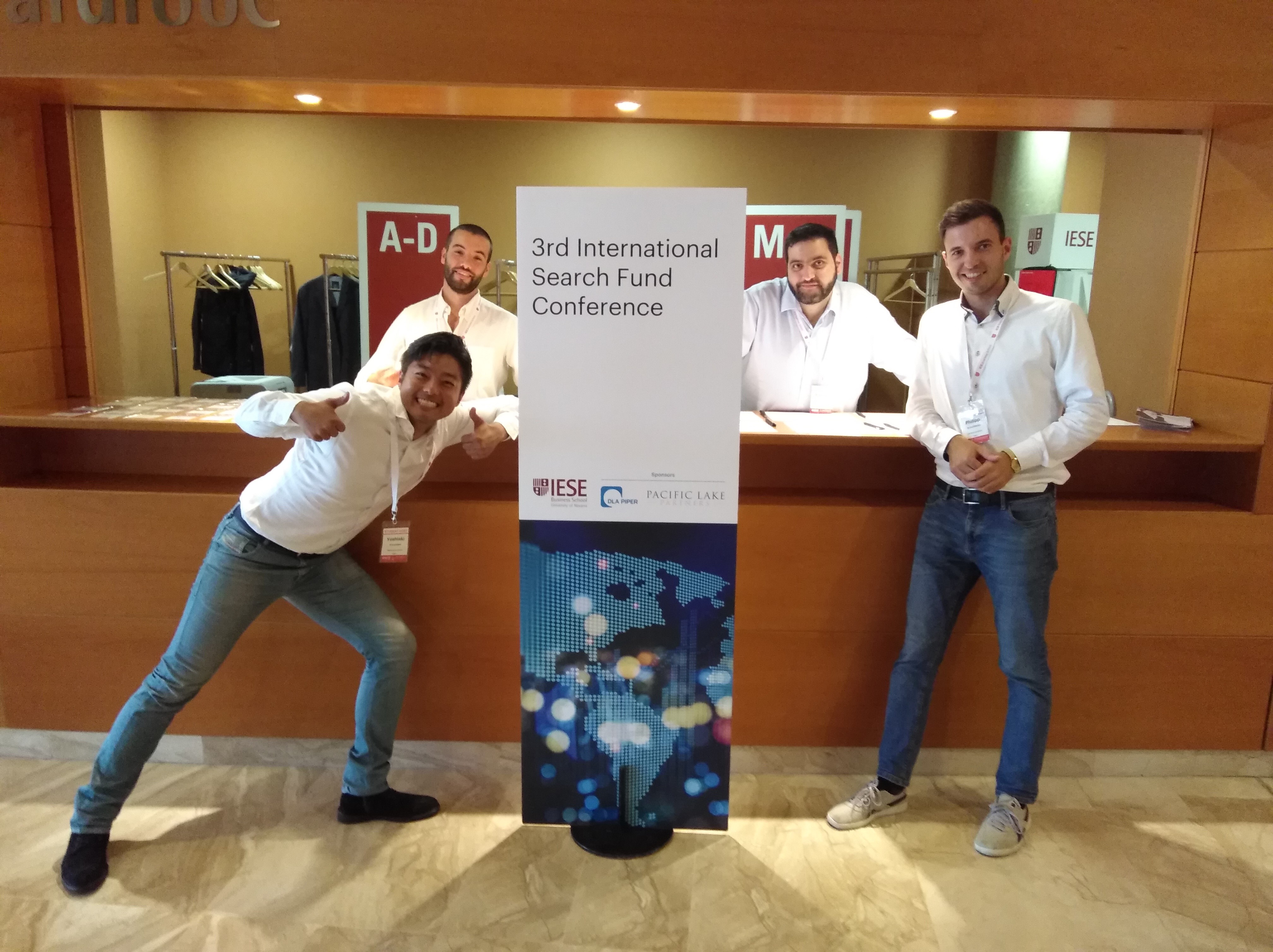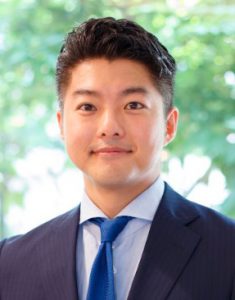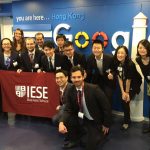After my eight-year career at a large Japanese financial institution, I joined and graduated from the IESE MBA Class of 2019 and formed the very first search fund (*) in Japan.
*This is a model that IESE Business School and Stanford Graduate School of Business, which have search fund research institutions, call the traditional search fund. It excludes alternative models such as a model that conducts search activities with its own funds and an accelerator model in which single investor holds a majority share.
Search fund is a model that enables high potential and entrepreneurially spirited individuals or partnerships to locate, acquire, manage and grow a privately held Small and Medium-sized Enterprise (“SME”). Although it is named “Fund” as it raises funds from investors, and since there is no pre-set investment period, it is possible to create a genuine economic value in the company with a long-term strategy. The process consists of procuring funds to search for a company, searching (generally two years), funding for acquisition, acquisition, company management and exit. As a form of business succession, there are more than 400 cases internationally mainly in the United States and Europe, and in recent years it has spread to Latin America, the Middle East and Africa.
Prior to the IESE MBA, I worked in the field of accounting, for six years in Japan and two years in the United States. Working closely with the management team at an American company that my company acquired and touching on company-wide information and management decisions, my affinity towards company management became stronger. In addition, I felt the discrepancy in management experience between someone becoming a CEO at the age of 60 for the first time, which is typical in Japanese companies, and a Founder CEO of an overseas subsidiary who started in this role in the early stage of his professional career. This made me decide to pursue an MBA to advance my career as a manager from a young age.
As I had studied and worked several years in the United States, I wanted to enroll at a European school where students from all over the world gathered. When it comes to top-tier two-year MBA programs in Europe, the choices were quite narrow, but I was attracted to Latin culture as well as Barcelona as a city and thus decided to enroll at IESE. The large Japanese community at IESE was also an attractive factor for me being conscious of a post-MBA career in Japan.
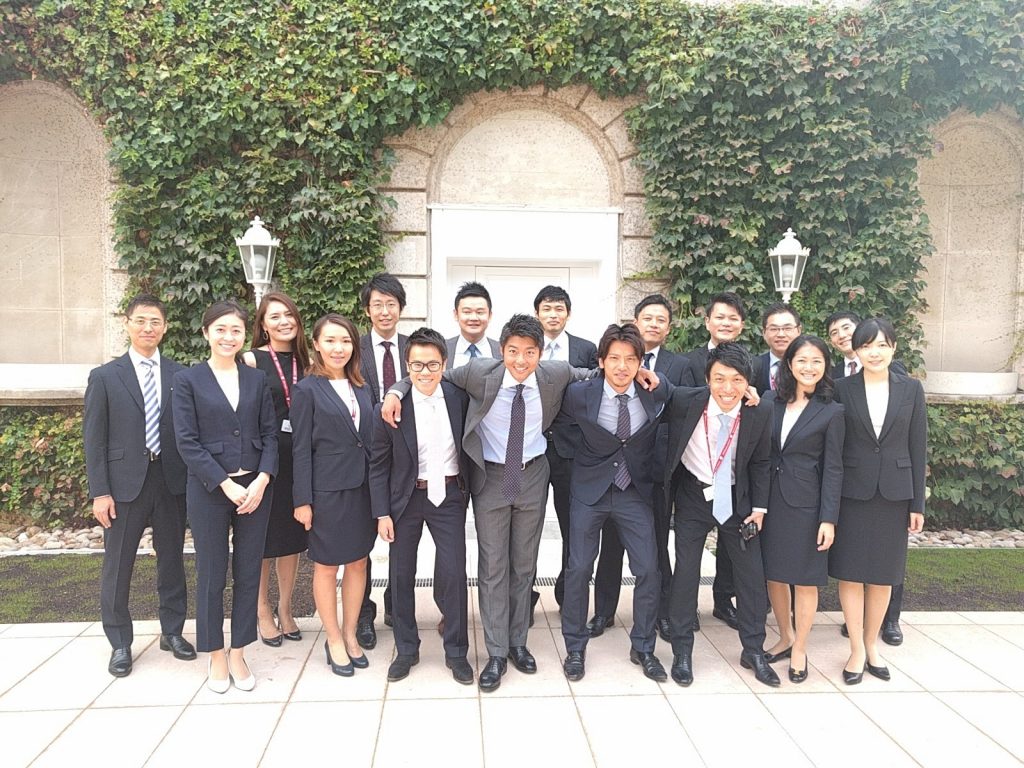
Proud members of the IESE Japanese Business Club, Class of 2019
I knew about and was interested in Search Funds even before studying at IESE. Nonetheless, I didn’t really consider it as a post-MBA career right after graduation.
IESE has a search fund research institute and a search fund club. Hence, there is a high level of recognition among students, and there are a certain number of people who proceed to the field of search fund after graduation. Indeed, there are five classmates, including myself, who have pursued it right after graduation, and several more who are planning to do it several years later. I believe the fact that FINAVES, a VC fund for IESE alumni startups, is investing in search funds is also contributing to the growth.
I was at the IESE MBA with the desire to be in a management position to drive business, and at the same time, there was news about business succession issues in the Japanese media almost every day. I felt that it would be a suitable business model not only for me but also for Japanese society. I was inspired by classmates who started preparation right after the MBA began, and the graduates who came to the class as guest speakers.
However, I had some concerns about running a search fund in Japan. First is funding. Investors often say “come back when you find a company”, because it is necessary to procure funds for search when there is no specific company to invest in. I felt that this was a very challenging hurdle in Japan, where there was no precedent, different from a country where search funds were popular. Next is the owner’s reluctance to sell their business to a third party. Since family businesses are essentially left as an inheritance to relatives, will you give up a company that has been raised like a family member, to a stranger? Finally, can I, having built a career at a large company, suddenly enter an SME and grow the business as a CEO?
For the first point, I made a strategy to have well-known international search fund investors first, and then approach Japanese investors with the commitments in place. IESE holds an International Search Fund Conference every other year, and the search fund community gather from all over the world. Working as a student volunteer leader and networking with them, I got quite positive responses from investors. Thus, I was convinced that I could comfortably raise the necessary funds. In order to confirm the remaining two points, I went back to Japan in my second year winter vacation and visited several companies with business succession issues. I talked directly with the presidents and they told me that most young people want to work in large corporates in big cities. Compared to them, they were interested to see that I had passion to succeed a local SME. They also commented that they didn’t care so much for money, but what I would do with their company were I to succeed it. Through these company visits, I was able to imagine how I could contribute to the growth of such companies by demonstrating my own leadership capability. Although I received harsh opinions from various people, I was able to develop a sense of “success” within myself and decided to create the search fund in Japan.
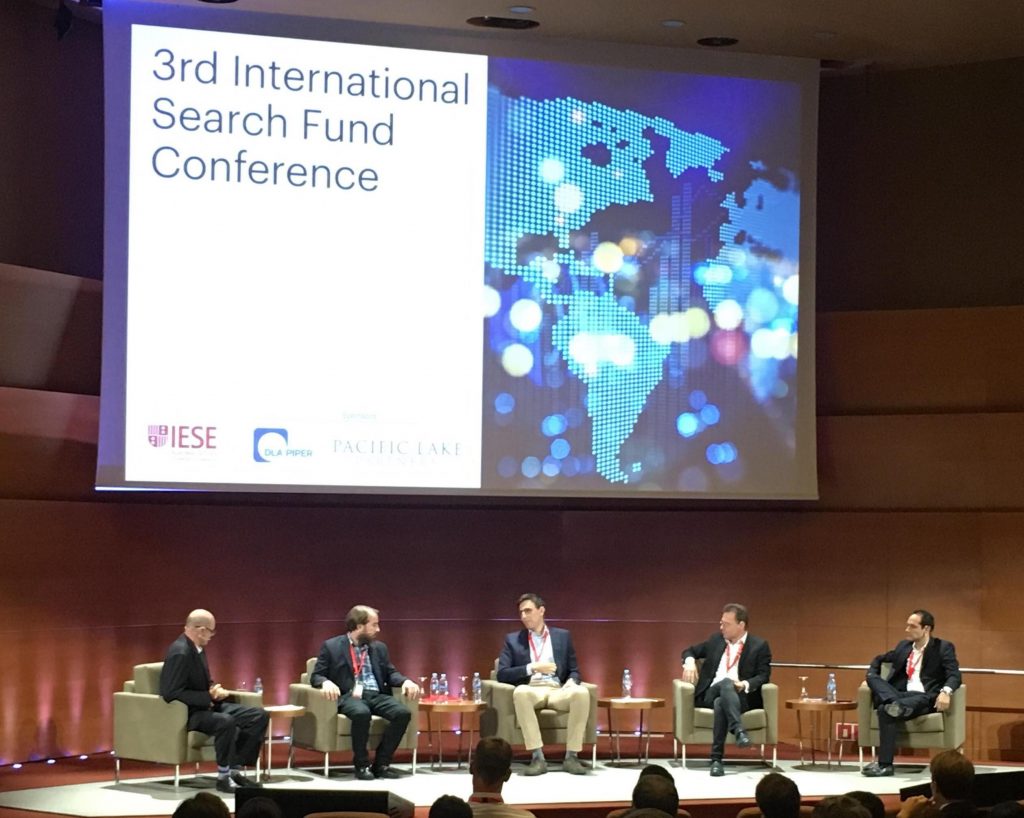
Panel discussion with experienced investors at the IESE Search Fund Conference
As mentioned above, a search fund consists of various phases: fund raising, search, acquisition, company management and exit. Since the ability required in each phase varies, I suppose it is a field where I can make full use of the learning in the IESE’s General Management Program.
In raising funds, I made full use of the IESE network. IESE professors and graduates, search fund class guest speakers, and those I met at the International Search Fund Conference mentioned above are my investors. If I didn’t go to IESE, I might have been on a different career path. Search fund is a model to acquire and manage a business with the support of experienced investors. Hence, it is very important who you have as your mentors. In my case, many of my international investors have experienced search funds in the past and are currently investing in the development of new searchers. The Japanese investors come from a variety of backgrounds, including family business owner CEOs and entrepreneurs. From them, I am learning a lot every day.
In the search activities I am currently undertaking, I have been benefiting from the strong Japanese community of IESE. The approximately 20 Japanese graduates from IESE every year come from a vast range of industries and companies. I am very grateful to my classmates and seniors for their support in industry research and company search.
I’m planning to use models such as corporate valuation and LBO, as learned in the Corporate Finance and Entrepreneurial Finance classes, to make an acquisition. I’m looking forward to the challenge that the company management phase will bring; fully utilizing my experience, resilience, knowledge and network to succeed.
Currently, I am talking with various people such as regional financial institutions, local governments, management organizations, M & A intermediaries in order to meet a company in which I could spend part of my upcoming career. I highly value every company I meet and every contact I make as a once-in-a-lifetime chance – each interaction is a unique occasion. As I am still in the search stage, it is not easy to clearly state what will happen in the next five to ten years. However, I aim to grow the succeeding company into a company that represents the region and eventually into a global company originating in that region.
There have been no Search funds yet in Japan, and I have encountered various hurdles, but I believe that it is a business model that can be a solution to various issues facing Japan – business succession, lack of management talent, and regional revitalization. Therefore, I would like to make the very first successful case.
Pursue your dream MBA! Take these next steps today:


